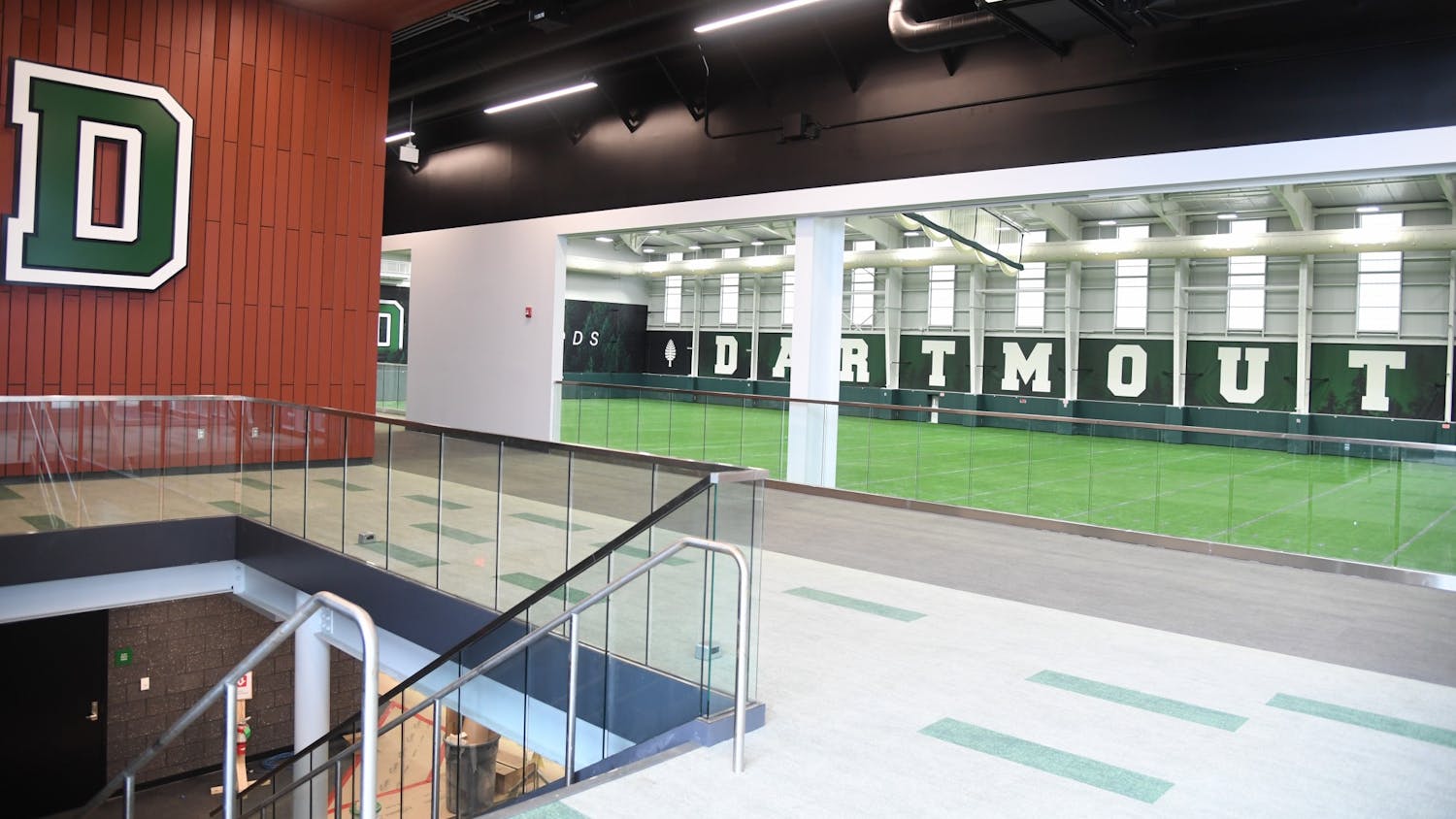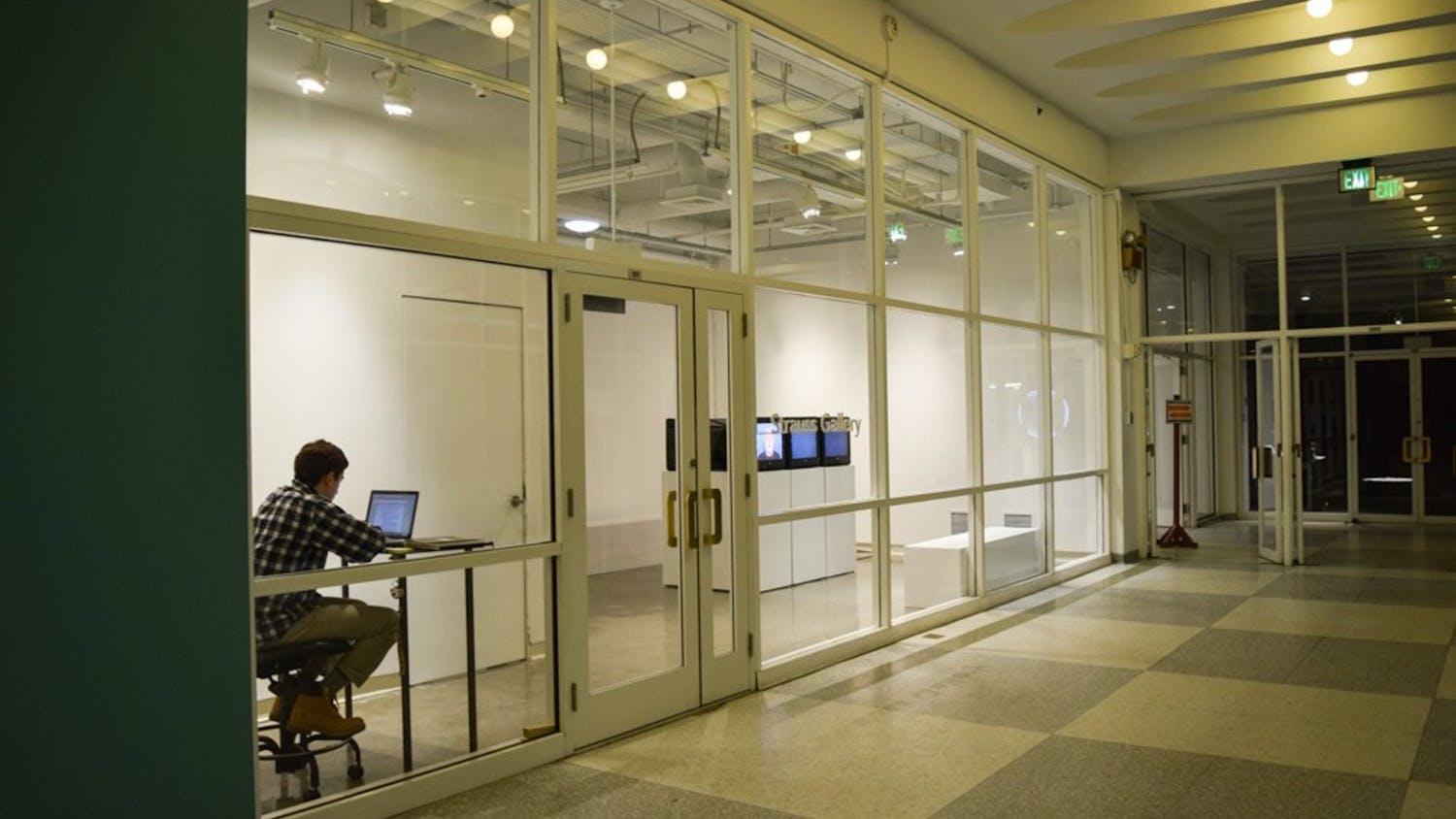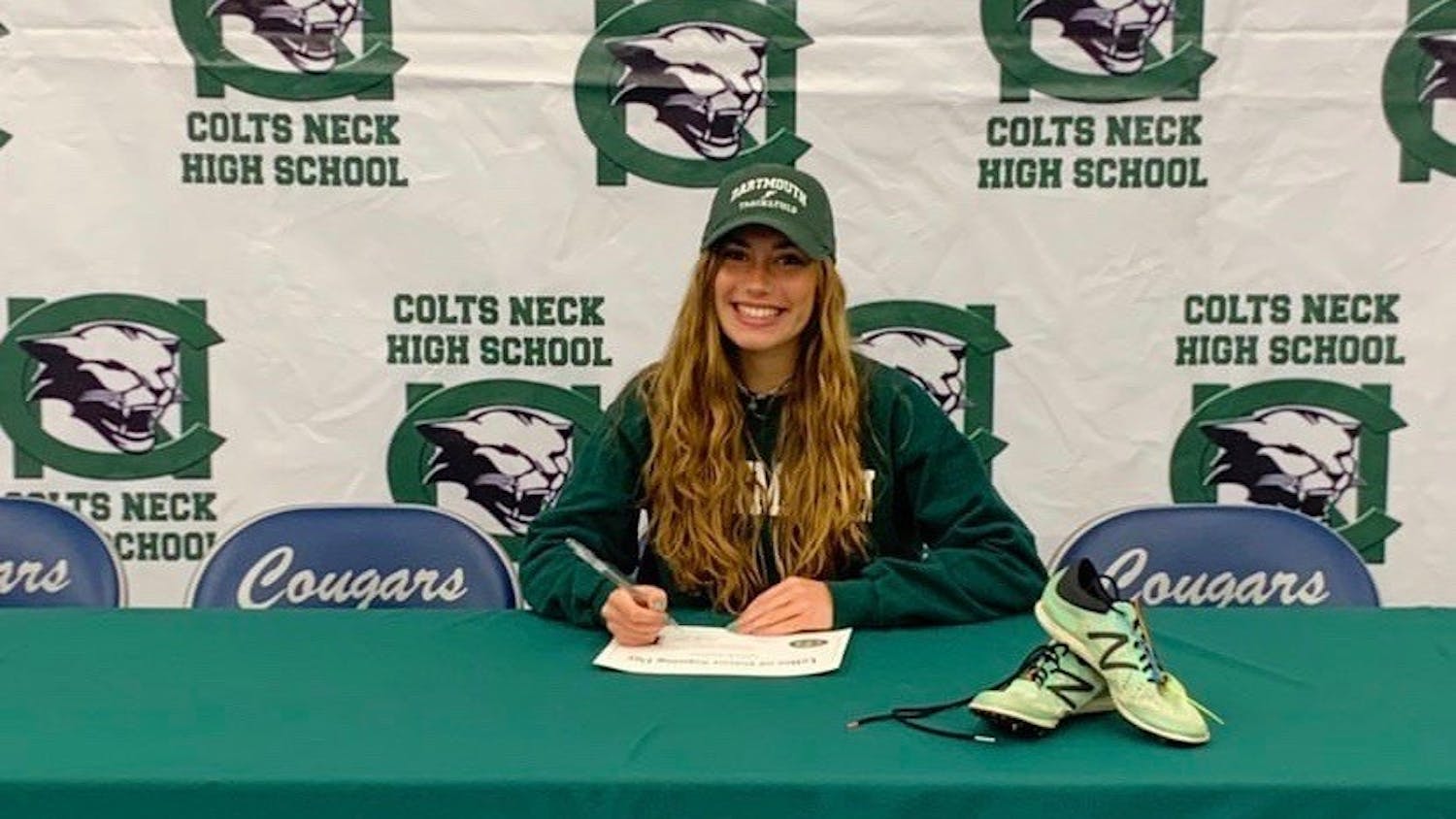On-campus student-athletes have begun ramping up their practices to prepare for potential seasons this winter or spring. Most teams are entering phase two of the athletic department’s three-phase return-to-sport protocol, which was designed in conjunction with Ivy League policies.
For the first two weeks of fall term, Big Green teams lingered in “phase zero,” or a moratorium on in-person practice due to the mandatory quarantine period for all returning students, according to head athletic trainer Ben Schuler, who oversees the group planning a safe return to sports. On Sept. 28, the teams entered phase one, which focused on individual strength and conditioning.
Now, many teams are entering phase two on a sport-by-sport basis. The second phase allows for sport-specific, socially distanced small group instruction with limited shared equipment. The timetable for returning to normal practice activities in phase three is conditional on a number of potential health developments in both the Upper Valley and the country as a whole, according to Schuler.
“I think everything is progressing as well as we could have hoped,” Schuler said. “Obviously, this is not the fall that we were expecting or the fall that we would have wanted, but in terms of our planning and preparation as we progress through the [phases], things have gone well.”
In order to comply with the COVID-19 practice requirements, student-athletes have adapted to new forms of individual and group workouts. Time constraints and limited facilities have forced teams to adopt rotating training schedules. These methods have allowed for COVID-19-safe preparation for the season ahead, according to women’s rower Cameron Thibault ’22.
“We have four different sections a day … with six people per slot to mitigate [there being] too many people in the boathouse at once,” Thibault said. “It's kind of business as usual; everyone [has] just kind of tried to stay in shape and keep the community.”
First-year field hockey coach Mark Egner said that the team is excited to progress through the phases and get on the field. The team has been working with the strength and conditioning staff to safely build up the team’s training load, with a couple of 30-minute sessions of play so far, Egner said.
“If you imagine a volume dial, we're going to turn up the volume on the field hockey and turn down the volume on the conditioning at the same time, so we're not overloading our athletes,” Egner said. “… After so long apart and away from the field, it's just great to be able to get back out there with our sticks in our hands and do what it is everyone enjoys doing.”
The men’s soccer team is also entering phase two, according to midfielder Dawson McCartney ’21. McCartney said that he was happy his team was finally able to move onto the next phase after the challenging restrictions of phase one. In phase two, the team can do passing drills, while it can only return to “normal play” with defense upon reaching phase three.
“What was super tough … in the beginning was we weren't allowed to use a soccer ball,” McCartney said. “It was basically doing sprints and running and conditioning, which wasn't the most ideal, but we pushed through onto the next phase, which is way better.”
Competitions and team play still remain up in the air. Egner said that he understands the restrictions but hopes to be prepared when normal play is restored.
“We're just going to be practicing in that socially distanced fashion with our masks on, staying apart from each other, following Hanover and Dartmouth guidelines, making sure that we're staying safe,” Egner said. “Whenever things open up, when it is safe for us to get back out there and start playing games, we just have to make sure that we're ready for that.”
Some teams, however, still cannot practice this fall because most of their players remain off campus. The Big Green men’s tennis team, for example, will continue to function remotely through Zoom calls and one-on-one check-ins, according to head coach Xander Centenari ’13.
“Our situation is a little bit different; all of my guys are home, so they've been practicing at home,” Centenari said. “They've actually figured out a way to get together in different places.”
One benefit of returning to practice has been the opportunity for teams to meet their freshman recruits in person. Although returning student-athletes had been able to socialize with incoming freshmen virtually over the summer, the experience of being together physically for the first time has been invaluable, according to Thibault.
“It's been great to have new people and new energy on the team,” Thibault said. “... I wish we could do more for them because I know it can't be great having to stay in your dorm and not be able to socialize with people outside … so I'm very excited to have them all on the team, for sure.”
Although it has been and will continue to be a challenging year for Dartmouth athletics, coaches and players alike remain optimistic.
“We're trying to enjoy the bits of opportunities to be together and to work hard together,” Egner said. “Rather than focusing on the negatives, we're trying to look at the positives as best we can because the world itself has given us a lot of negatives right now.”




